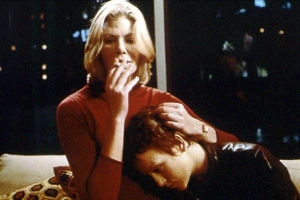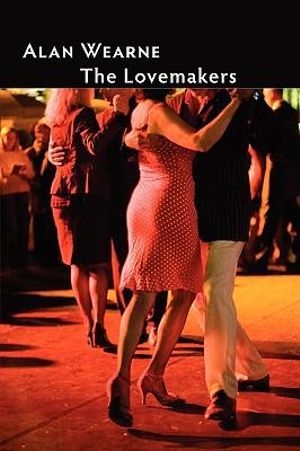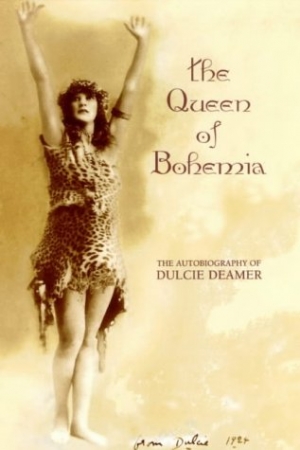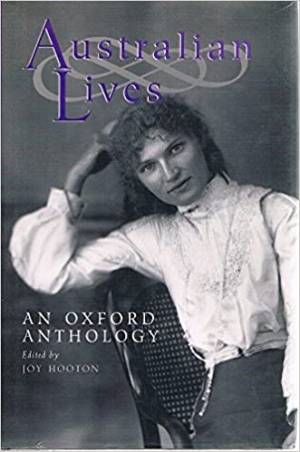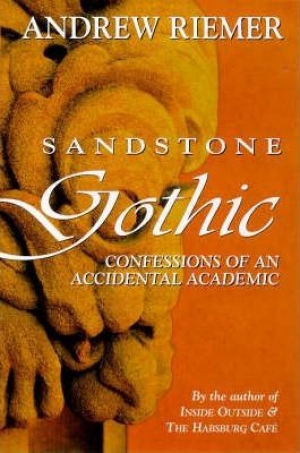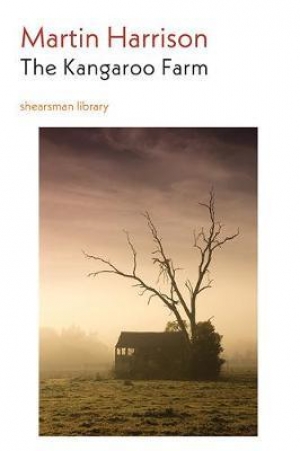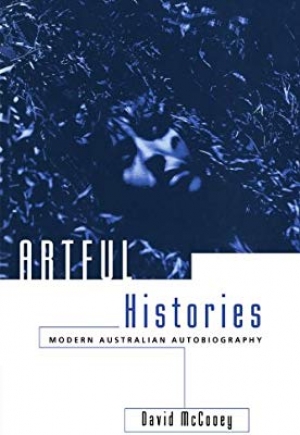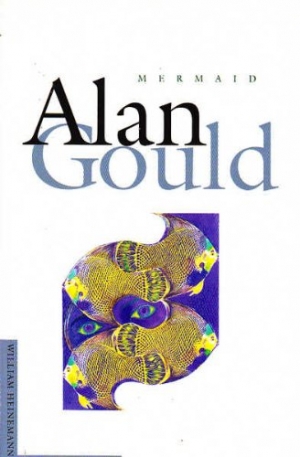David McCooey
La Trobe University Essay | 'Infidelity: "The Monkey’s Mask" in Poetry and Film' by David McCooey
Movies are often criticised for their lack of fidelity, for not keeping faith with their sources, especially novels, their audience, or their glorious antecedents. Infidelity is also a key plot device, especially of genre films: melodrama, comedy, crime, even the western. We keep going back to the movies partly because they don’t give us what we want. The New York poet Frank O’Hara suggests this in ‘An Image of Leda’, his breathless adaptation of the myth of Leda and the Swan as an allegory for watching films:
... (read more)A Geelong psychiatrist once asked someone very like me, ‘What’s the opposite of love?’ It was a bit like a question in a tutorial (psychiatrists and academics do have a thing or two in common). The answer, of course, couldn’t be so obvious as ‘hate’. It was ‘indifference’.
... (read more)David McCooey reviews 'The Twelfth of Never: A memoir' by Louis Nowra
Louis Nowra was born in 1950 and is – as he presents himself in this memoir – that very mid-century thing, an outsider. An outsider in terms of class, mental constitution, and sexuality (for a time), Nowra suffers a worse, and originary, alienation from his mother. Being born on the fifth anniversary of his mother’s shooting of her father ...
... (read more)David McCooey reviews 'The Queen of Bohemia: The Autobiography of Dulcie Deamer' by Dulcie Deamer and 'An Incidental Memoir' by Robin Dalton
It’s interesting how many comic autobiographers are theatrical, like Barry Humphries, Clive James, Hal Porter, and Robin Eakin, whose Aunts up the Cross (1965) is a minor masterpiece and very funny. Eakin’s belated follow-up, An Incidental Memoir, published under her married name of Dalton, compares interestingly with Dulcie Deamer’s posthumously published The Queen of Bohemia.
... (read more)David McCooey reviews 'Australian Lives: An Oxford Anthology' edited by Joy Hooton
Joy Hooton must know more about Australian autobiography than anyone else. Her critical and bibliographical works are now complemented by this marvellous anthology – humorous, plangent, and surprising. It replaces the more literary Penguin anthology by the Colmers (an important collection, though now somewhat outdated), and more than accounts for the period not dealt with in Gillian Whitlock’s impressive UQP anthology of contemporary Australian autobiography.
... (read more)David McCooey reviews 'Sandstone Gothic: Confessions of an accidental academic' by Andrew Riemer
In retrospect it’s not surprising that Andrew Riemer wrote so insightfully about Shakespeare’s comedies. Those green worlds of transformation are expressive of longing and nostalgia, of social order being restored through the acceptance and reconciliation of opposing forces. That the brute, material world is partly dealt with through nostalgia, fantasy and parody is an idée fixe of Riemer’s elegantly written autobiographical books.
... (read more)Martin Harrison’s attentive poetry must be read attentively: the snaking semi narratives move through the landscape as rivers finding their way. The tonal shifts and mixed modes are fundamental to this collection’s many middle-sized poems that are often (even more than in his previous book, The Distribution of Voice) both verse essay and lyric, as Kevin Hart has noted. Not that all this in itself makes for good poetry; there are times when the verbal constructions are a little too odd, a little too free with metaphorical bravura. Why is it that ‘The gift of tongues and sight is platypus’? Other poems play with their referents like a fisher with a fish. Even syntactically straightforward similes such as ‘Mirrored clouds spike themselves with sharp, green shoots / in paddies marked out like holding tanks or Versailles’ lakes’ take a bit of thinking over.
... (read more)Susan Lever reviews 'Artful Histories: Modern Australian autobiography' by David McCooey
Artful Histories represents that extraordinary achievement – a learned critical study, based on a thesis, which is exhilarating to read. While it covers the expected ground, with careful accounts of Australian autobiographies of various types, it also addresses a core problem of current literary debate – the relative status of different literary genres, and the interrelation between writing and life. There is no mention here of The Hand That Signed The Paper or The First Stone (they are beyond the range of the discussion) but McCooey’s elucidation of the relationship between autobiography, history, fiction, and life bears directly on the issues which have kept Australian readers arguing over the past year. At the end of his chapter on autobiography and fiction, McCooey summarises the difference in a seemingly simple statement: ‘Fictional characters die fictionally, people die in actual fact.’ The implications of this are far from simple, and McCooey argues for the maintenance of the boundary between genres on the grounds of moral responsibility.
... (read more)David McCooey reviews 'Mermaid' by Alan Gould and 'The Majestic Rollerink' By Heather Cam
‘Nothing odd will do long’, said Johnson (that great friend of reviewers). If we begin by positing Aland Gould as an odd poet (that is, more than merely eccentric or self-conscious), then whether Johnson is correct about oddness depends on the second half of his observation: ‘Tristram Shandy did not last’. No doubt ABR readers smile at such a sentiment; but if so, then the question becomes whether or not Gould is odd enough.
... (read more)'Poetry making something happen: The Festival of Perth’s Writers’ Week, 1989' by David McCooey
The presence of the Irish ambassador and the muscatel was accounted for by the first theme of the week, which was that of W.B. Yeats and his influence. It is not surprising that a great many Celtic accents could be heard off stage as well as on. Indeed, the previous night saw a private dinner held by the W.B. Yeats Society of W.A. (one of only four Yeats societies in the world) whose only club rule seemed to be that some of Yeats’s poems should be read and suitably appreciated.
... (read more)
